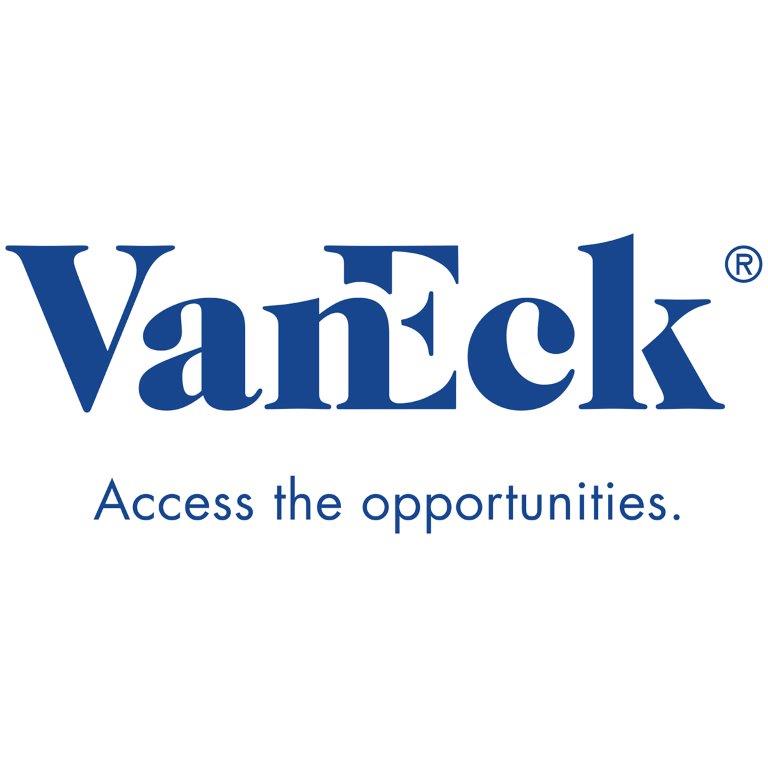Asset managers own a large and growing share of US companies and this “concentration of power is absolutely a matter of public policy”, according to VanEck CEO Jan van Eck.
In a blog, titled ESG died in 2022, van Eck (pictured) said he disagreed with Eric Pan, head of mutual fund and ETF industry organisation at the Investment Company Institute (ICI), that “the politicisation of American investing just reached a new low” following Texas politicians’ decision to refuse ESG products in the state’s public pension plans last year.
Instead, van Eck said the boom in index funds and ETFs has led to a handful of fund issuers each owning more than a tenth of many US companies and now the entire asset management community must work with regulators to check this power – before checks are imposed without their input.
He continued, noting how in 2018, Larry Fink, founder and CEO of the world’s largest asset manager, BlackRock, told companies they would need to contribute to society rather than just make profits if they wanted to receive his firm’s “support”.
Van Eck added US policymakers spent a century preventing anti-competitive practice and dispersing monopolies such as Standard Oil and AT&T, yet have made no active effort to carry anti-trust policy into the asset management space despite warnings from within the industry.
Notable among these was from Vanguard founder Jack Bogle, who offered a series of suggestions on how to address the passive power issue in a November 2018 Wall Street Journal column shortly before his death.
First, he suggested “timely and full public disclosure” of index fund voting policies and public documentation with company managers. However, van Eck cautioned defining the scope of this disclosure would be challenging – either too abstract or heavy-handed. A transcript of every discussion with company managers, for instance, could stimy engagement by asset managers altogether.
Next, Bogle suggested index funds have independent supervisory boards responsible for all decisions relating to corporate governance, but van Eck questioned whether this would really improve the current oversight by independent fund directors.
However, van Eck did agree with Bogle’s final suggestion of capping the percent of shares that any index fund company could vote. He also noted that instead of having no vote at all, any shares above an agreed threshold could be passed back to the largest end investors in index funds to vote directly as BlackRock and others are already doing.
Overall, Bogle did not support the last solution as he believed index funds were long-term holders and in turn more deserving of corporate input than “stock renters”. On this, van Eck also disagreed, arguing many index funds track benchmarks with high constituent turnover – meaning they do not own stocks for the long-term – and many investors’ decisions to buy index funds are unlikely to be driven by an asset manager’s proxy policies.
Making the case for capping index fund voting share per asset manager, van Eck said: “The capping proposal tries to reasonably limit index funds without affecting active investors. Limiting an index company’s vote to 5% of a company still respects the power of those index investors.
“The index capping solution also allows activist and other active investors to “do their thing”—launch takeovers and mergers and conduct other types of proxy votes—just as before.”
He added caps might stop politicians from having to micromanage subjective ESG policies such as when Tesla was ejected from the S&P 500 ESG index for its power social and governance scoring.
“In sum, like the trust companies and monopolies of old, some index fund companies have become too large to be left unchecked. Rather than pretending that large index ownership has no policy implications, the investment industry should engage with policymakers to find the best solution,” van Eck continued.
“Policies to address the concentration of corporate power are coming one way or another. Without this critical input from the asset management community, we will be left without a seat at the table – and we may not like the outcome that the political system comes up with.”
Related articles





